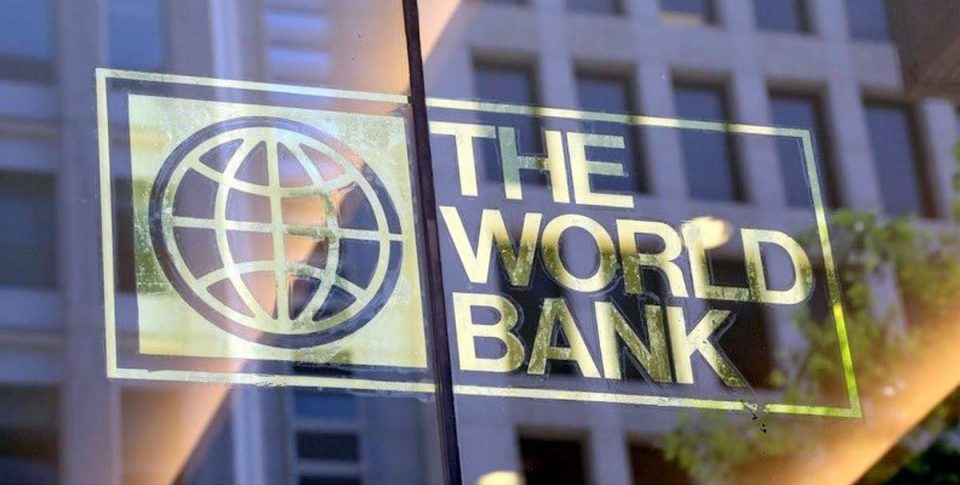World Bank delays $8.6bn loan to Nigeria – Report
Nigeria has about $8.25bn undisbursed World Bank loan as of July 2023.
This was based on data obtained from the Summary Statement of Loans/Credit/Grants on the website of the World Bank.
A breakdown further showed that the undisbursed loans included $7.45bn from the International Development Association and $1.12bn from the International Bank for Reconstruction and Development.
The undisbursed loans encompass loans approved but not signed as well as the signed loan commitments.
The IBRD and the IDA, which make up the World Bank, have, over the years, advanced loans to Nigeria.
The IBRD lends to governments of middle-income and creditworthy low-income countries, while the IDA provides concessionary loans – called credits – and grants to governments of the poorest countries.
The undisbursed loans might drive Nigeria’s debt to the World Bank from $12.72bn to $21.15bn.
It showed that the yet-to-be-disbursed loans could increase Nigeria’s debt to the lending institution by 66.27 percent.
This was according to the audited financial statements of the World Bank for the fiscal year 2022, which showed that the bank was yet to disburse about $8.12bn to Nigeria as of June 30, 2022.
Explaining the reason for the yet-to-be-disbursed loans, particularly the signed loan commitments, the bank said, in its 2022 statements, that the “loans are not effective and disbursements do not start until the borrowers and/or guarantors take certain actions and furnish documents.”
Data obtained from the Debt Management Office showed that Nigeria currently owed World Bank $14.33bn as of March 31, 2023.
A breakdown showed that Nigeria $13.84bn IDA loan and a $488.35m loan, according to the DMO’s external debt report.
The Federal Government recently said it has no intention to borrow from any local or foreign organisation with its removal of subsidy on petrol and exchange rate harmonisation.
The Minister of Finance and Coordinating Minister for the Economy, Wale Edun, revealed this at the end of the inaugural Federal Executive Council meeting in Abuja.
However, speaking at a press briefing on Friday, Edun clarified that the Federal Government will still proceed with the loan requirement approved in the 2023 budget.
However, the government wants to stop borrowing for recurrent expenditure and focus only borrowing for capital expenditure.
He said, “Government is not in a position to borrow if you consider 90 per cent debt service to revenue and behind that, a rising debt to GDP ratio. If you look at the last budget, you will see that there is a borrowing requirement built into it, appropriated by the National Assembly. And that is ongoing.
“It is an indication of the commitment of the government to find other sources of funding rather than relying on borrowing and to bring down or even eliminate a certain type of borrowing as soon as possible. That type of borrowing is borrowing for recurrent as opposed to borrowing for capital expenditure, which has a return and which is self-financing.”




